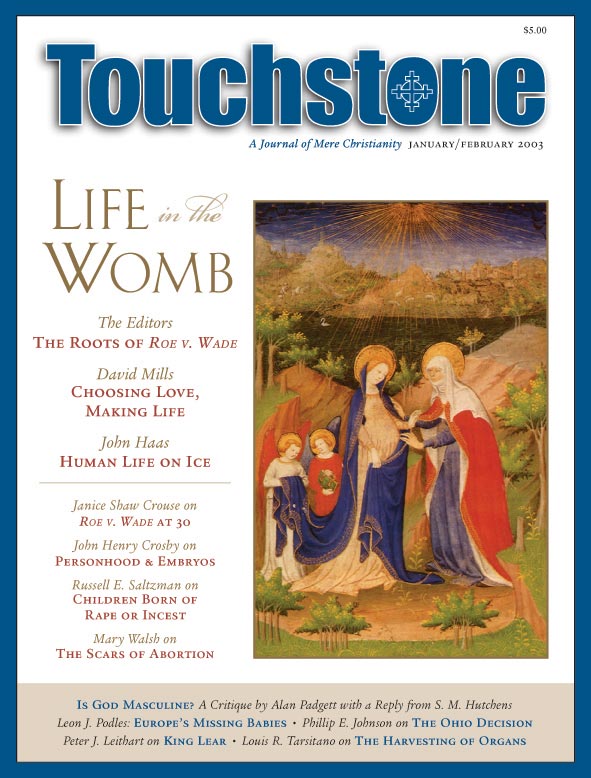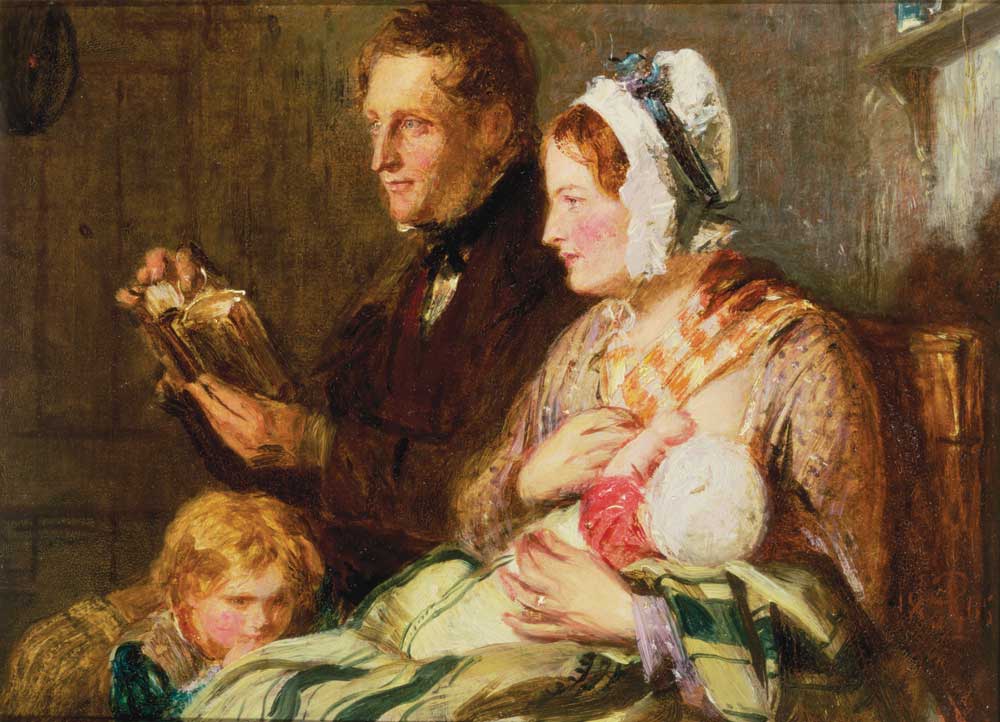A Step Forward in Ohio
In mid-October, a panel of the Ohio State School Board voted unanimously to adopt a new science teaching standard that allows teachers to inform students of evidence against the theory of evolution as well as for it. The standard defines “science” as the search for ever more adequate explanations of our world, rather than explanations that consider natural causes only. Teachers will presumably no longer be subject to dismissal for informing students about the grounds on which the ubiquitous peppered moth example has been severely criticized, or for saying that the impressive illustrations of vertebrate embryo similarities in their textbooks are inaccurate, taken from drawings by a nineteenth-century German Darwinian who was a little too eager to convince his countrymen that the theory was true.
This vote is a significant breakthrough in a major state towards official recognition that there is a scientific as well as a public controversy over the theory of evolution, and that the contested issues ought to be taught rather than suppressed. After having fought fiercely against the new standards, some Darwinists are now putting the best face on their loss by describing the outcome as a compromise, or even a victory for evolution, since it requires that the subject be taught. Other Darwinists are outraged that the state is recognizing that there is a controversy, and threaten to go to court to attack the “teach the controversy” approach as unconstitutional. Even creationists have mixed reactions. Some are negative, either because they think that the Genesis time scale is all-important or because they understandably don’t trust the public schools to teach the subject fairly regardless of what the standards say.
I toured northern Ohio just after the decision, speaking to large, enthusiastic church crowds, and even leading a three-hour seminar for the area’s ministers. I was trying to wake up well-meaning people to exactly what is at stake. Darwinism is only superficially about biology, I explained, and is culturally important because it implies that man created an imaginary God rather than that God created man. That implication explains why the media pundits throw a tantrum whenever they hear that the theory of evolution is being challenged, and that is why creation is not an issue that ministers can afford to delegate to scientists. It is futile to try to teach Christian morality if you do not also teach people why they should believe, in spite of what the most prominent spokesmen for evolutionary science are saying and writing, that God is real rather than a gradually vanishing product of the pre-modern imagination.
THIS ARTICLE ONLY AVAILABLE TO SUBSCRIBERS.
FOR QUICK ACCESS:
Phillip E. Johnson is Professor of Law (emeritus) at the University of California at Berkeley. He is the author of Darwin on Trial, The Wedge of Truth, The Right Questions (InterVarsity Press), and other books challenging the naturalistic assumptions that dominate modern culture. He is a contributing editor of Touchstone.
subscription options
Order
Print/Online Subscription

Get six issues (one year) of Touchstone PLUS full online access including pdf downloads for only $39.95. That's only $3.34 per month!
Order
Online Only
Subscription

Get a one-year full-access subscription to the Touchstone online archives for only $19.95. That's only $1.66 per month!
bulk subscriptions
Order Touchstone subscriptions in bulk and save $10 per sub! Each subscription includes 6 issues of Touchstone plus full online access to touchstonemag.com—including archives, videos, and pdf downloads of recent issues for only $29.95 each! Great for churches or study groups.
Transactions will be processed on a secure server.
more from the online archives
calling all readers
Please Donate
"There are magazines worth reading but few worth saving . . . Touchstone is just such a magazine."
—Alice von Hildebrand
"Here we do not concede one square millimeter of territory to falsehood, folly, contemporary sentimentality, or fashion. We speak the truth, and let God be our judge. . . . Touchstone is the one committedly Christian conservative journal."
—Anthony Esolen, Touchstone senior editor










